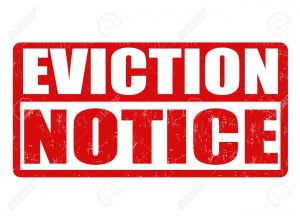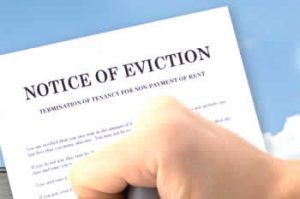 When you own rental properties and have tenants, you may wish to consult with a law firm in Loudoun County, VA, regarding landlord liability and exposure. In the meantime, here are a few things to consider.
When you own rental properties and have tenants, you may wish to consult with a law firm in Loudoun County, VA, regarding landlord liability and exposure. In the meantime, here are a few things to consider.
Injury Responsibility – A landlord may be held responsible for an injury on the rental property if it can be shown that the landlord (or his or her agent) was somehow negligent in maintaining the property and that this negligence was the cause of the injury.
Dangerous Conditions – In many cases, actual negligence need not be specifically proven. It is sufficient for the plaintiff tenant to show that the landlord knew, or should have known, of a dangerous condition and, either failed to repair it or failed to give adequate warning of it to the tenant.
Inspecting the Premises –To avoid lawsuits for negligence, landlords should inspect the premises regularly, and not only at the beginning and the end of a lease.
Other Perils – Most insurance policies cover damages and losses from fire, weather, burglary, and acts of vandalism. “Other perils,” depending on the region, usually are not covered. The two most common of these are losses from earthquakes and floods.
Liability Claims – Typically, liability claims are covered by a comprehensive general liability policy, which includes payment of awards for damages, as well as legal fees and costs incurred in defending against lawsuits.




